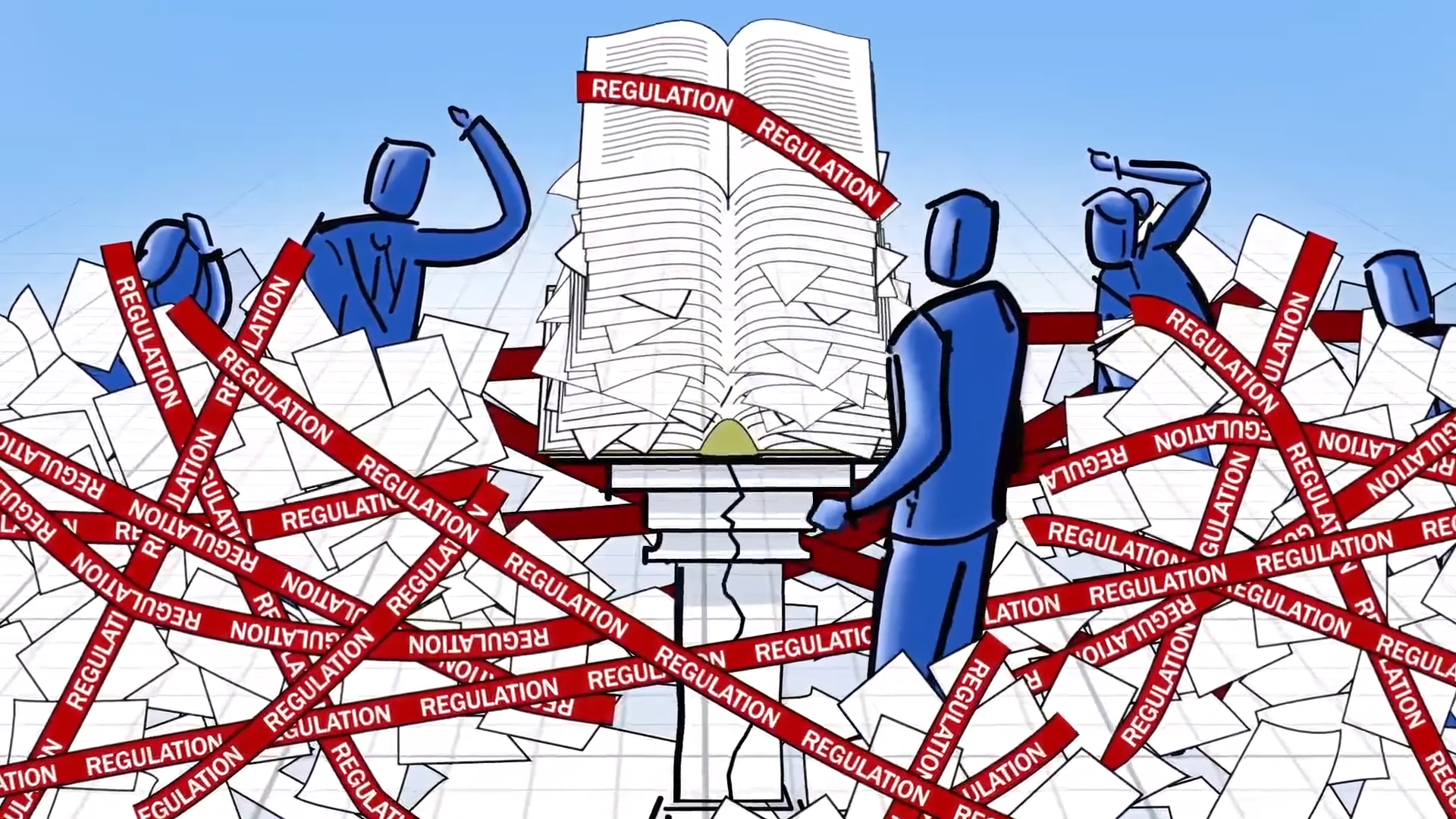RIO DE JANEIRO, BRAZIL – On Friday, June 25, Brazil’s government unveiled the second phase of its wider tax reform bill, in which it aims to reduce income tax for up to 30 million workers, exempt 16 million from paying any tax at all, and increase levies on financial market capital gains.
Brazil’s tax system is widely seen as one of the most complex and regressive in the world, and the government insists that simplifying it and reducing the overall tax burden is crucial to fostering sustainable, long-term investment and economic growth.

“Thirty million salaried workers in Brazil will pay less income tax because, for the first time, we are taxing capital gains,” Economy Minister Paulo Guedes told reporters after delivering the proposals to the leader of the lower house of Congress, Arthur Lira.
“This is only the start. This shows a new direction. If taxes have been rising for the last 40 years, they will start falling now,” he said.
Lira also stressed that the overall tax burden will not be raised, and said he is confident Congress will approve the tax reform bill this year.
Guedes said income tax cuts for individuals will be funded by increases in capital gains tax. In a presentation released by the Economy Ministry, the government proposed a 20% tax on dividends and profit distributions above a threshold of R$240,000 (US$48,000) per year or R$20,000 ($4,000) per month.
The proposals also include a 15% tax on all stock market transactions, to be calculated on a quarterly basis instead of monthly, as is the case currently.
The bill envisages corporate taxes being cut to 12.5% next year from the current 15%, then lowered to 10% from 2023.
The government sent the first phase of its long-awaited tax reform proposals to Congress almost a year ago. That phase dealt with the PIS and Cofins social contribution levies and value-added tax (VAT) but has been stuck in Congress without any movement.
Source: Reuters

